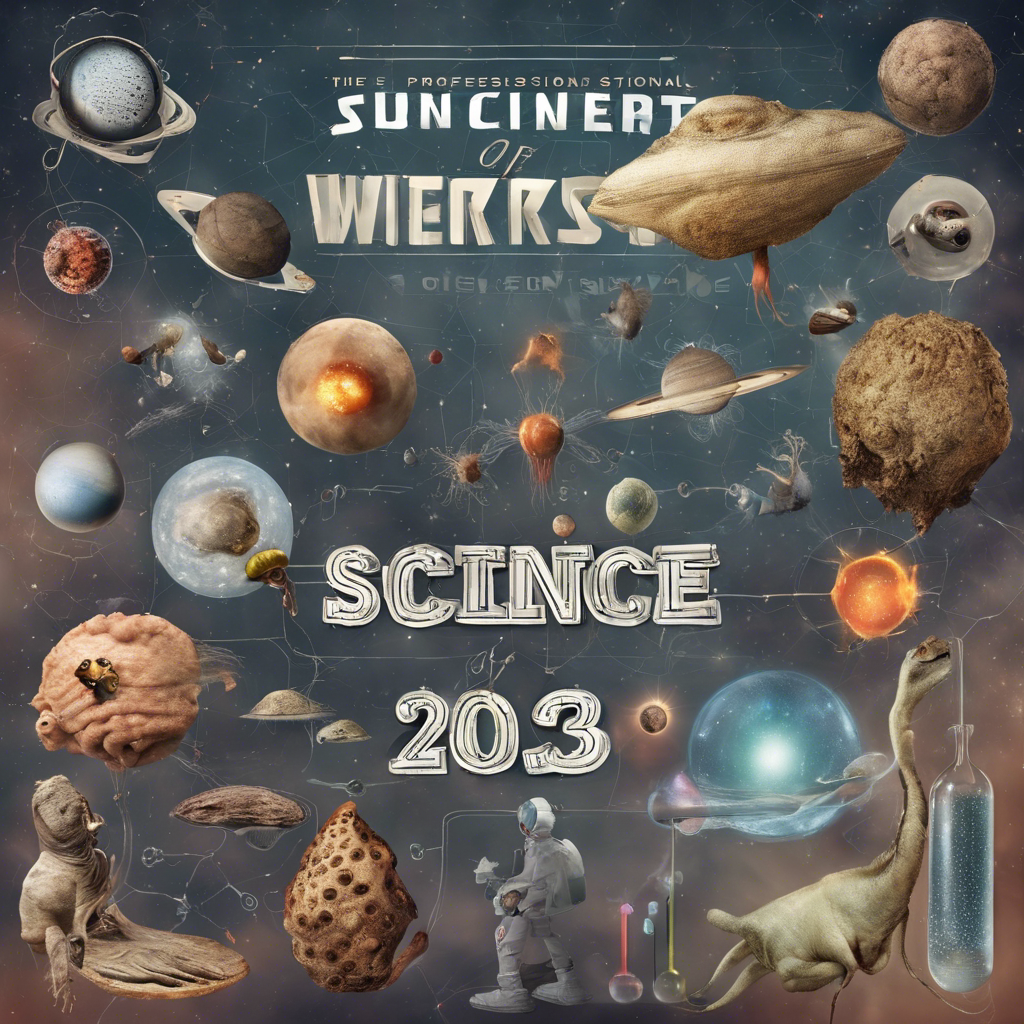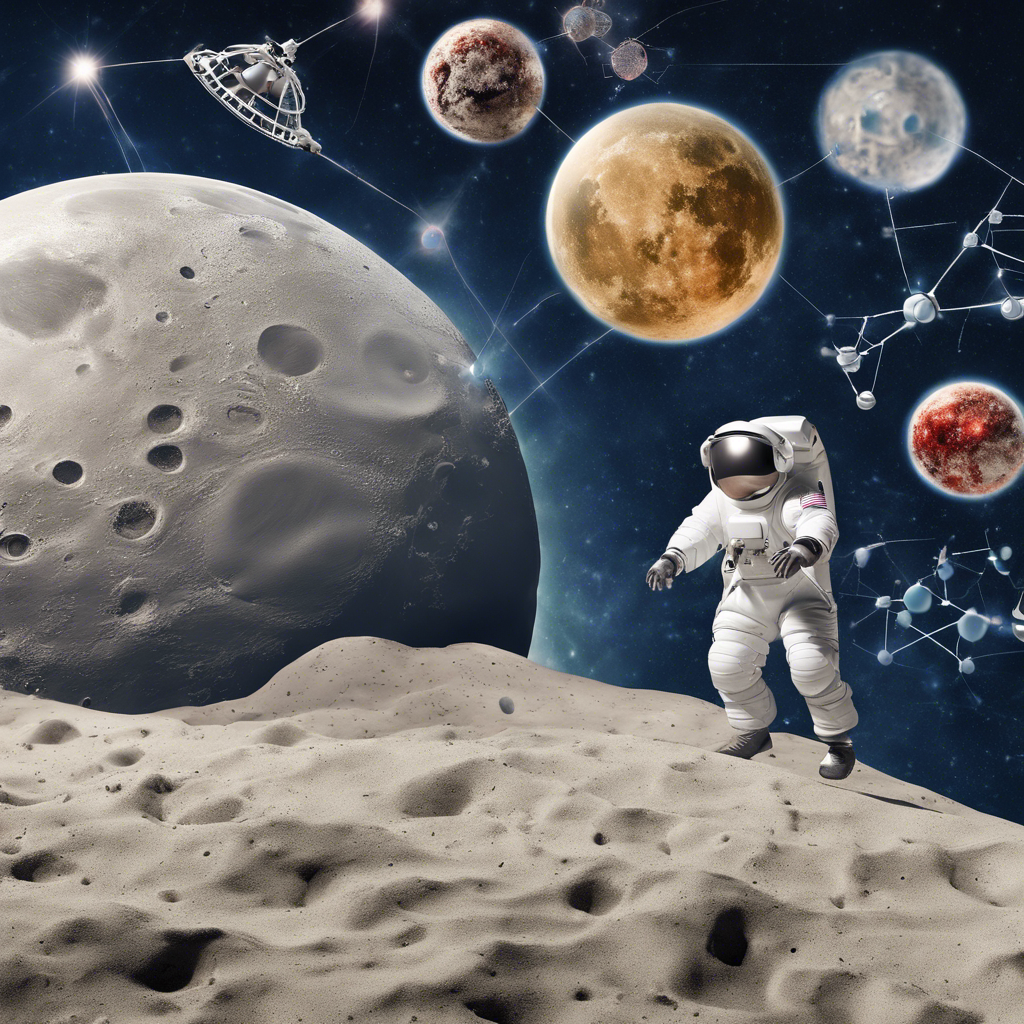Science Is Becoming Less Human

The Impact of Artificial Intelligence on Scientific Discovery
Artificial intelligence (AI) is revolutionizing scientific research, enabling scientists to make groundbreaking discoveries at an accelerated pace. From drug discovery to predicting tropical storms, AI is transforming various fields of study. However, this technological advancement comes with a drawback: AI often produces results without providing explanations, raising questions about the meaning of knowledge itself.
AI in Drug Discovery
AI is playing a crucial role in drug discovery, with researchers utilizing artificial neural networks to generate hypotheses on how the brain processes images and language. By training AI on genetic data, biologists are also studying rare diseases, improving immunotherapies, and gaining a better understanding of SARS-CoV-2 variants. These advancements have the potential to revolutionize the pharmaceutical industry, but they also raise concerns about the lack of transparency in AI-generated results.
The Obfuscation of Scientific Breakthroughs
Unlike human researchers who meticulously document their work, AI often fails to provide explanations for its findings. This lack of transparency can be problematic, as it hinders the scientific method’s fundamental principle of reproducibility. The inability to understand how AI arrives at its conclusions raises questions about the reliability and trustworthiness of AI-generated knowledge.
The Blurring of Human and Computer Contributions
AI’s ability to analyze vast amounts of data and generate insights at an unprecedented speed is reshaping the scientific landscape. It has enabled the prediction of tropical storms with greater accuracy and has even reproduced what a person is looking at based on brain scans. As AI tools continue to accelerate scientific progress, the line between human-created and computer-generated knowledge becomes increasingly blurred.
The Changing Nature of the Internet
Beyond scientific research, AI is also transforming the way we consume news and information. OpenAI’s partnership with Axel Springer to bring news stories into ChatGPT highlights the evolving nature of the internet. As AI becomes more capable, it has the potential to reshape how we access and interact with information, challenging traditional media models and raising concerns about the reliability of AI-generated content.
Ethical Considerations and the Future of AI
The rise of AI in scientific research necessitates a careful examination of ethical considerations. Transparency, explainability, and accountability are crucial in ensuring the responsible use of AI in generating knowledge. As AI continues to advance, it is essential to strike a balance between harnessing its potential for scientific discovery while maintaining the integrity of the scientific method.
Conclusion:
Artificial intelligence is transforming scientific research, leading to accelerated discoveries in various fields. However, the lack of transparency in AI-generated results raises concerns about the reproducibility and reliability of these findings. As AI blurs the line between human and computer contributions, it is crucial to address the ethical implications and ensure that the scientific method remains intact. By embracing AI responsibly, scientists can harness its potential while upholding the principles that underpin the pursuit of knowledge.





